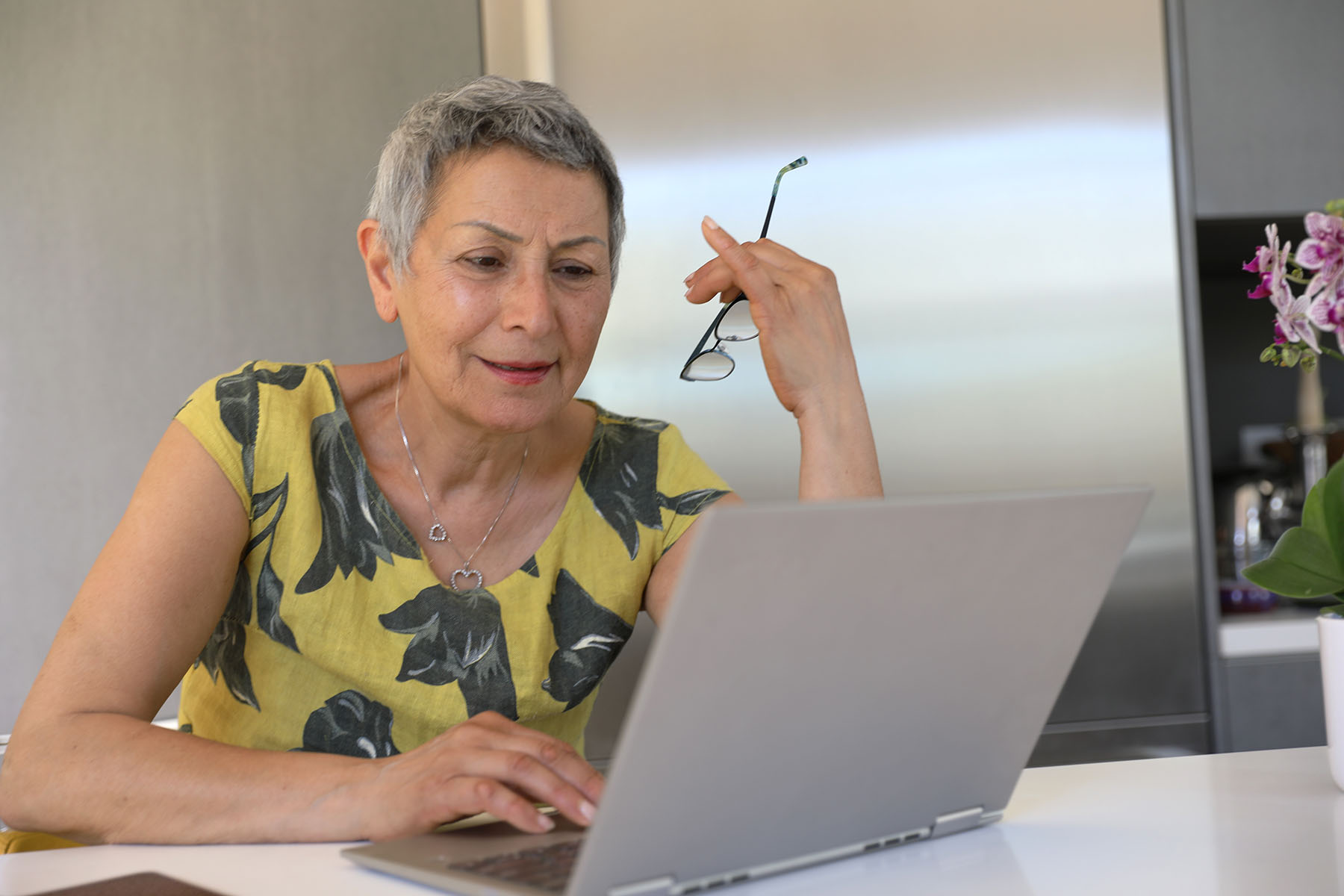Break Up With Dr. Google

The practice has become routine: a patient is diagnosed with cancer and gets treatment options from their doctor. Then they pull out their phones to scour the Internet for second opinions, alternative treatments, or nutritional advice.
A study co-authored by a researcher at the University of Miami Miller School of Medicine has shown how misleading – even dangerous – googling cancer advice can genuinely be.
The research team had examined cancer claims on social media sites before and decided for this study to zero in on Pinterest since the platform is primarily used to share lifestyle and food tips. They ran searches that cancer patients would use to learn about the foods and supplements they should take, such as “cancer recipe” or “cancer nutrition.”
What they found was troubling.
The team found potentially misleading claims about meals, smoothies, supplements, snacks, herbs, and spices. One diet claimed to create a “strong cancer-fighting chemical reaction when mixed together.” One post called sugar a “deadly drug.” One product claimed to “reverse” a cancer patient’s disease using anti-angiogenic foods, and another claimed to be “cancer busting.”
Of the products and services the researchers examined on Pinterest, 11% promised a “cancer cure,” and nearly a third made unsubstantiated claims.
Yet only 18% of people who posted those claims disclosed any kind of health- or nutrition-related credentials, and 49% linked directly to websites offering to sell their product or service.
“These health claims may or may not be true,” says Associate Professor Tracy Crane, Ph.D., who co-authored the study and is the co-leader of the Miller School’s Cancer Control Research Program.
Put yourself in the shoes of a cancer patient. They see buzzwords around these products and may automatically be inclined to purchase them.
Tracy Crane, Ph. D.
Online nutrition information is generally unregulated by the federal government, leading the researchers to worry that patients and their caregivers could be fooled or purchase products that end up hurting them.
It’s completely understandable that cancer patients and caregivers learn as much as they can about their disease, says Dr. Crane.
But she stresses that they must maintain “internet hygiene” by verifying claims they find online through their doctor or other reliable sources, like the American Cancer Society, the American Society for Clinical Oncology, and the American Association for Cancer Researchers.
“This is a call to action illustrating the need to better understand misinformation, particularly for cancer patients, and how to study the outcomes associated with these online sources,” said Dr. Crane. “We live in a digital world, which fundamentally changes how people get their information. Providers need to be aware of this and respond. We need to be asking more questions about where people are getting their information and how that may be affecting their health.”
The team’s findings were published in the medical journal Cancer.
Written by Alan Gomez, a contributor for UHealth’s news service.
Tags: cancer care in Miami, cancer diagnosis, cancer research, Dr. Google, Dr. Tracy Crane, online health, social media misinformation
